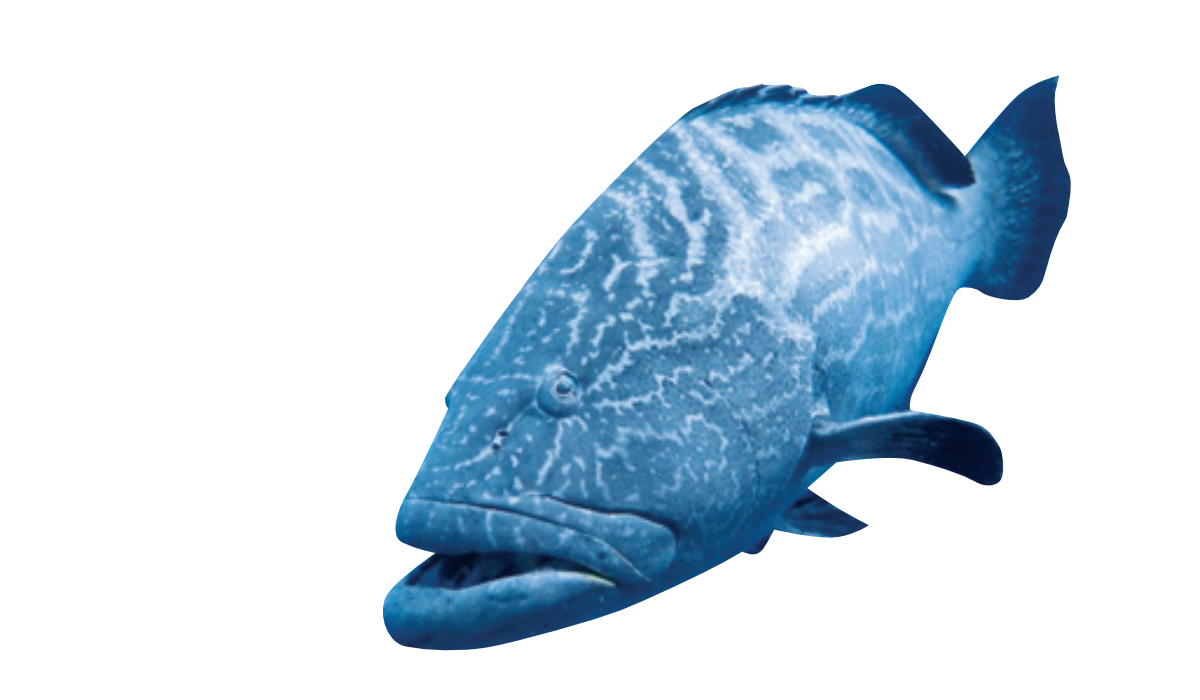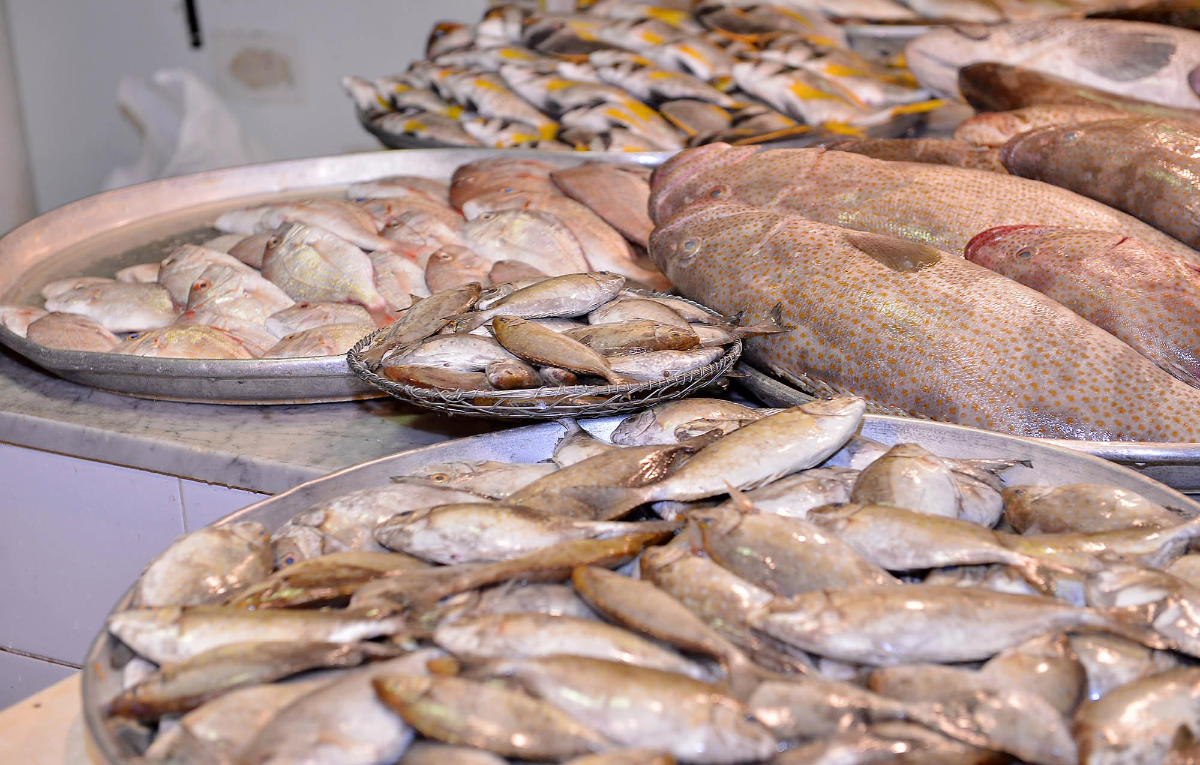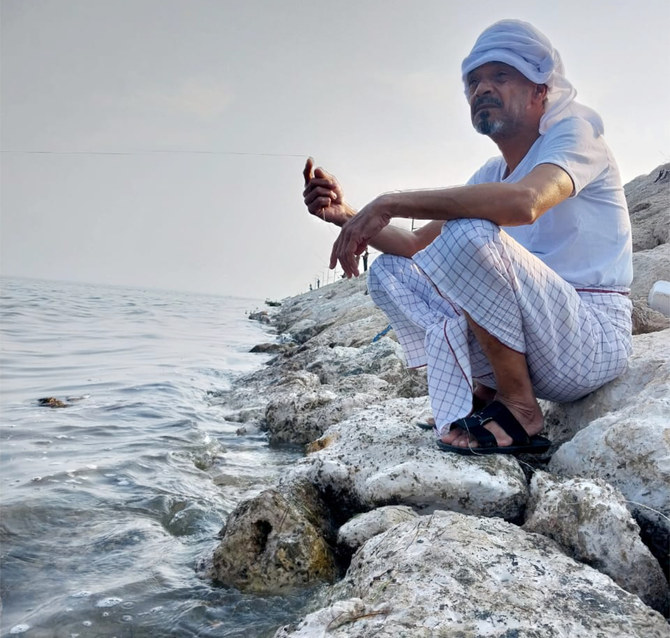RIYADH: Mehdi Khalil is something of a legend in Qatif fish market, the biggest in the region and second-largest in Asia.
He has devoted his life to fishing in the Arabian Gulf and, to mark World Fisheries Day, he spoke to Arab News about his life at sea.
It began when he went fishing for the first time in 1981, when he was a secondary school student.

Saudi Arabia initiated the National Fisheries Development Program in 2015 with the aim of enhancing the growth of the fisheries industry. (Supplied)
“My life was from school to the sea. I was enlightened by sea more than school. My life began when I bought my first boat,” he said.
After his father’s death, it fell to Khalil as the eldest child to fulfil his dad’s wishes and support the family by becoming a fisherman.
“I’m the oldest of my siblings. I did not want anyone to hold a single riyal over their head,” he added.
HIGHLIGHTS
• World Fisheries Day is observed on Nov. 21 and was designated by the UN to raise awareness of sustainable fishing practices and the need to end overfishing.
• Saudi Arabia initiated the National Fisheries Development Program in 2015 with the aim of enhancing the growth of the fisheries industry.
Khalil began fishing and pearling under his uncle’s tutelage. Now, he focuses on big game fishing.
His expeditions start with him, “first fueling my boat with gasoline and preparing the fridge with ice. Then I bring all the tools necessary, and I go to the sea. In 30 minutes, the fridge is full.”
His goal is always to fill 10 fridges that each hold around 16 kg of fish, giving him 160 kg to sell each time.

Saudi Arabia initiated the National Fisheries Development Program in 2015 with the aim of enhancing the growth of the fisheries industry. (SPA)
Khalil catches local favorites such as hamour (grouper), kanad (kingfish), safi (rabbitfish) and many types of shrimp. He noted that the best time to fish for kanad was at the end of the year, which coincided with the shrimp season. During that period, fishermen are only allowed to catch a single species.
When he was younger, Khalil’s daily routine was simply to go fishing to make a living. However, advances in technology have made the process far more efficient.
He said: “In the past, during hamour season, we used to catch the fish with a rod and a string. The hamour fish used to be SR40 ($10) to SR45, but today there is a shortage. The price is higher, and it has switched to dollars.”
Similar to many fishermen, Khalil operates in shallow waters using a qarqoor (fish trap), a device consisting of metal rods, wires, and net. He places many of these in an area and, on returning the next day, will find them teeming with his catch.
He pointed out that bread was ideal fish bait and should be used instead of more traditional lures such as dried fish, liquid bait, and smaller fish.
“For years, we used to use ooma (dried fish). With time the methods have changed. We use bread because it attracts the fish much better than dried fish,” he added.
But life as a fisherman can be dangerous. Khalil said: “I almost lost my life three times. I encountered danger when I was pearling. It was during a time when we would dive with just goggles and no other safety gear. I remember that day my uncle had warned me. He had said, ‘my intuition says don’t go today.’
“When I went down that day, I saw a baby shark. Luckily, he just passed by, and nothing happened. This happened to me three different times.”
World Fisheries Day is observed on Nov. 21 and was designated by the UN to raise awareness of sustainable fishing practices and the need to end overfishing.
Saudi Arabia initiated the National Fisheries Development Program in 2015 with the aim of enhancing the growth of the fisheries industry.
Mansour Al-Mushaiti, Saudi deputy minister of environment, water and agriculture, said the nation’s aquaculture output surpassed 120,000 tons in 2022. The Kingdom aims to raise its fish aquaculture output to about 500,000 tons in the future.
At the MedFish4Ever conference in Malta last month, Saudi Arabia announced its commitment to protecting sustainable fish stocks and the livelihoods of fishermen, as well as investing in aquaculture projects. The Kingdom also vowed to establish regulatory frameworks and management plans for its fishing industry.
Al-Mushaiti noted that Saudi Arabia had launched several initiatives to promote sustainable fishing practices. He added that the Kingdom was responsible for coordinating efforts to manage natural resources in the Red Sea as it had the largest coastal area among its neighbors.


















